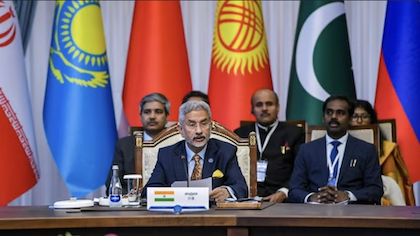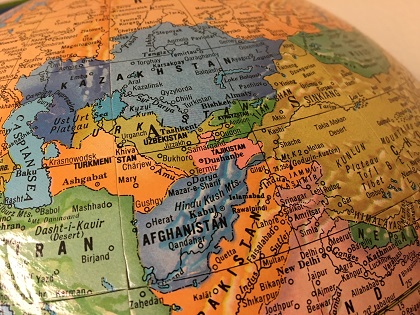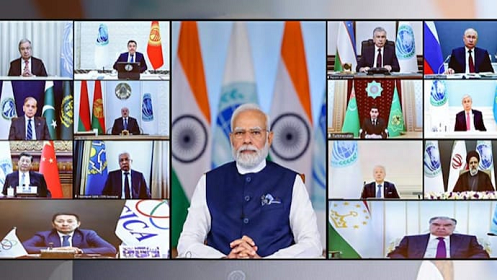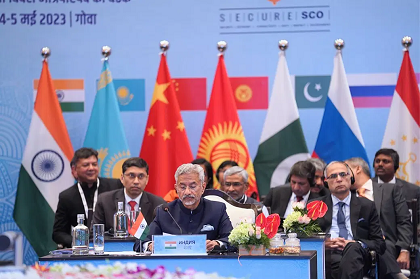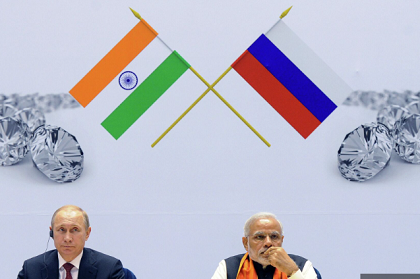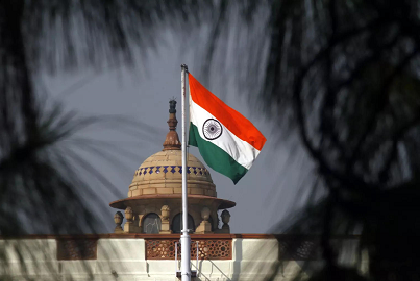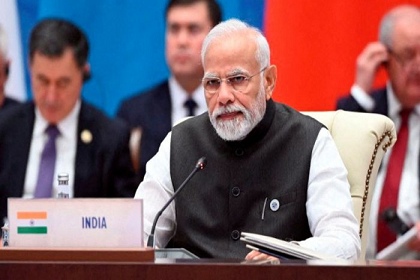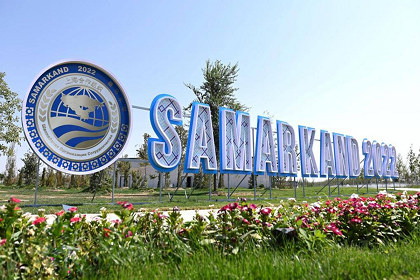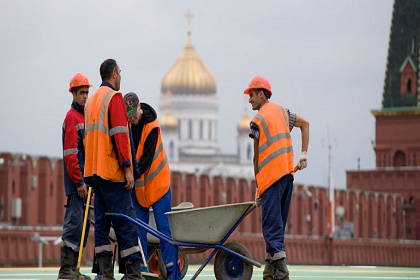India’s SCO Challenge
At the meeting of the Shanghai Cooperation Organisation (SCO) on October 26, Foreign Minister S. Jaishankar stressed the importance of maintaining regional stability and enhancing economic cooperation in Central Asia. Achieving its economic and strategic objectives in the SCO will become a challenge for Indian diplomacy next year, when Pakistan takes on the chairmanship of the grouping.

